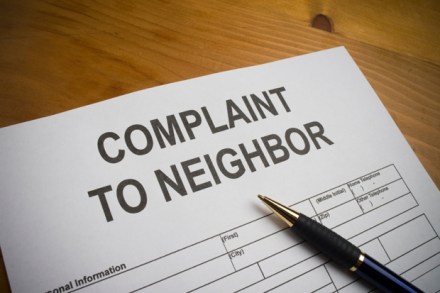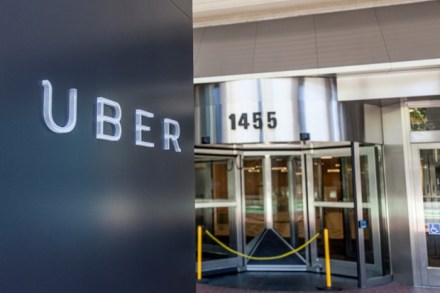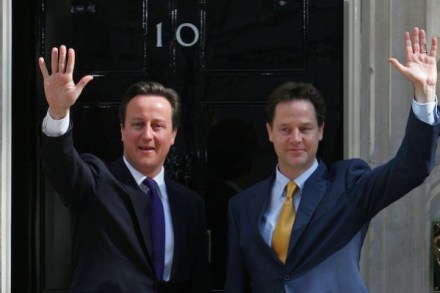Is the sharing economy over already? Yes, if letting companies get their way
Sitting on the lanai (balcony) sipping a beer, the wind gently rustling through the palm trees and my Hawaiian hosts’ adorable puppy licking my toes: life was sweet. I’d struck gold. I was living the Airbnb dream. David and Doug treated me like one of the family, complete with days out and home-cooked meals. Nothing was too much trouble. When they dropped me off at the airport (no extra charge), we vowed to be friends forever and I cried the whole flight home. I experienced Airbnb exactly the way it was meant to be – living like a local with the locals. But back in the UK it’s a different








